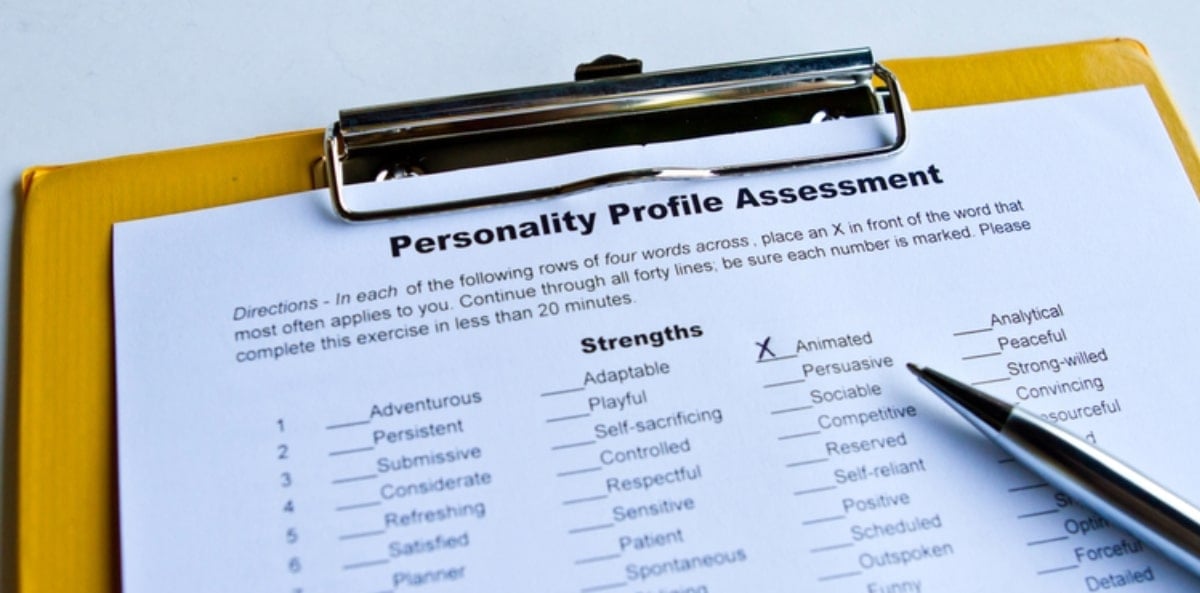Get business insurance quotes from trusted companies
What kind of work do you do?



Loss control refers to the process of taking proactive steps to identify and address potential risks in a business to reduce losses and support workplace safety. Insurance companies encourage the...








Businesses that don't provide access in line with the Americans with Disabilities Act can face harsh civil penalties. Learn how your business can manage ADA lawsuits with careful compliance and...



By entering your email address and subscribing, you agree to our Terms of Use and Privacy Policy